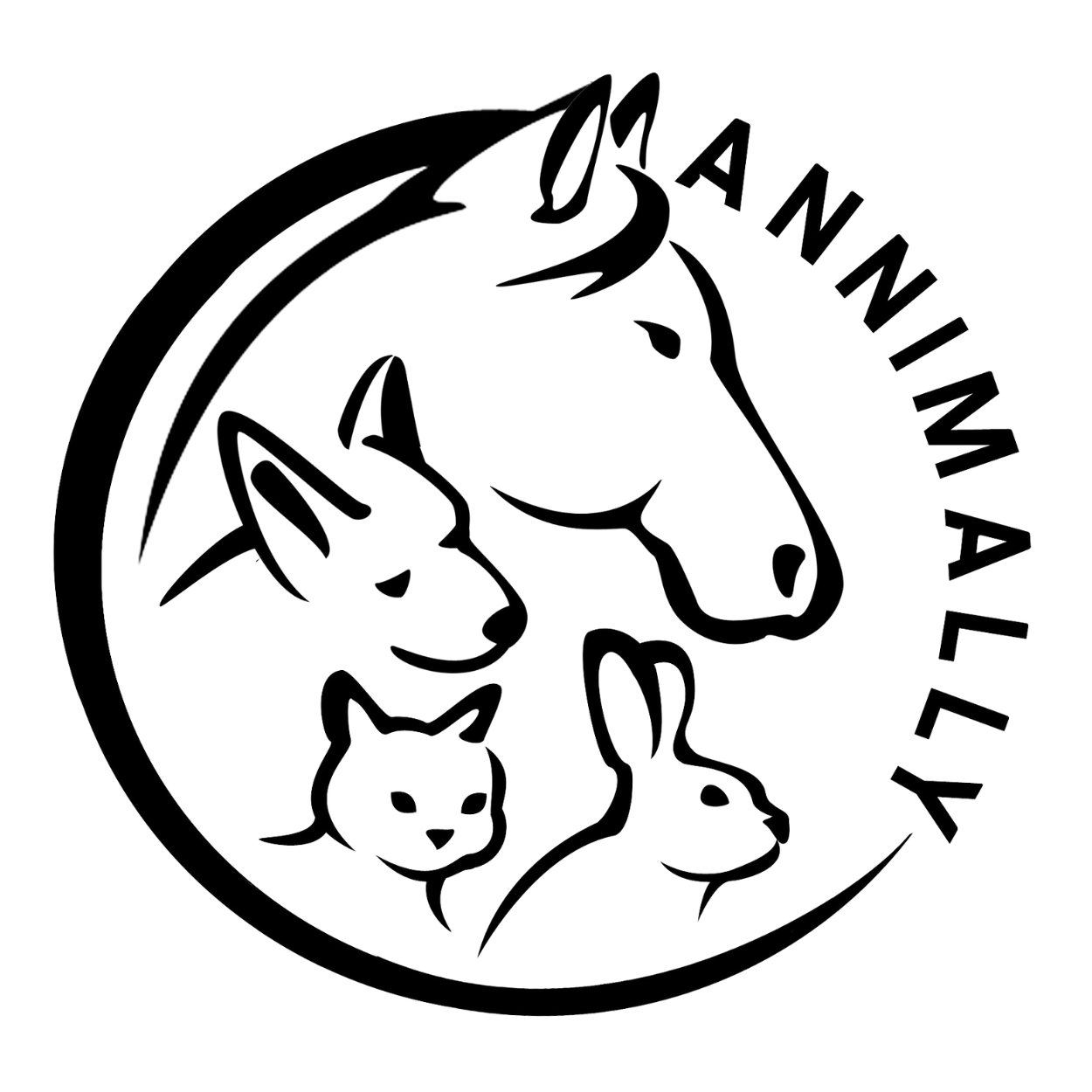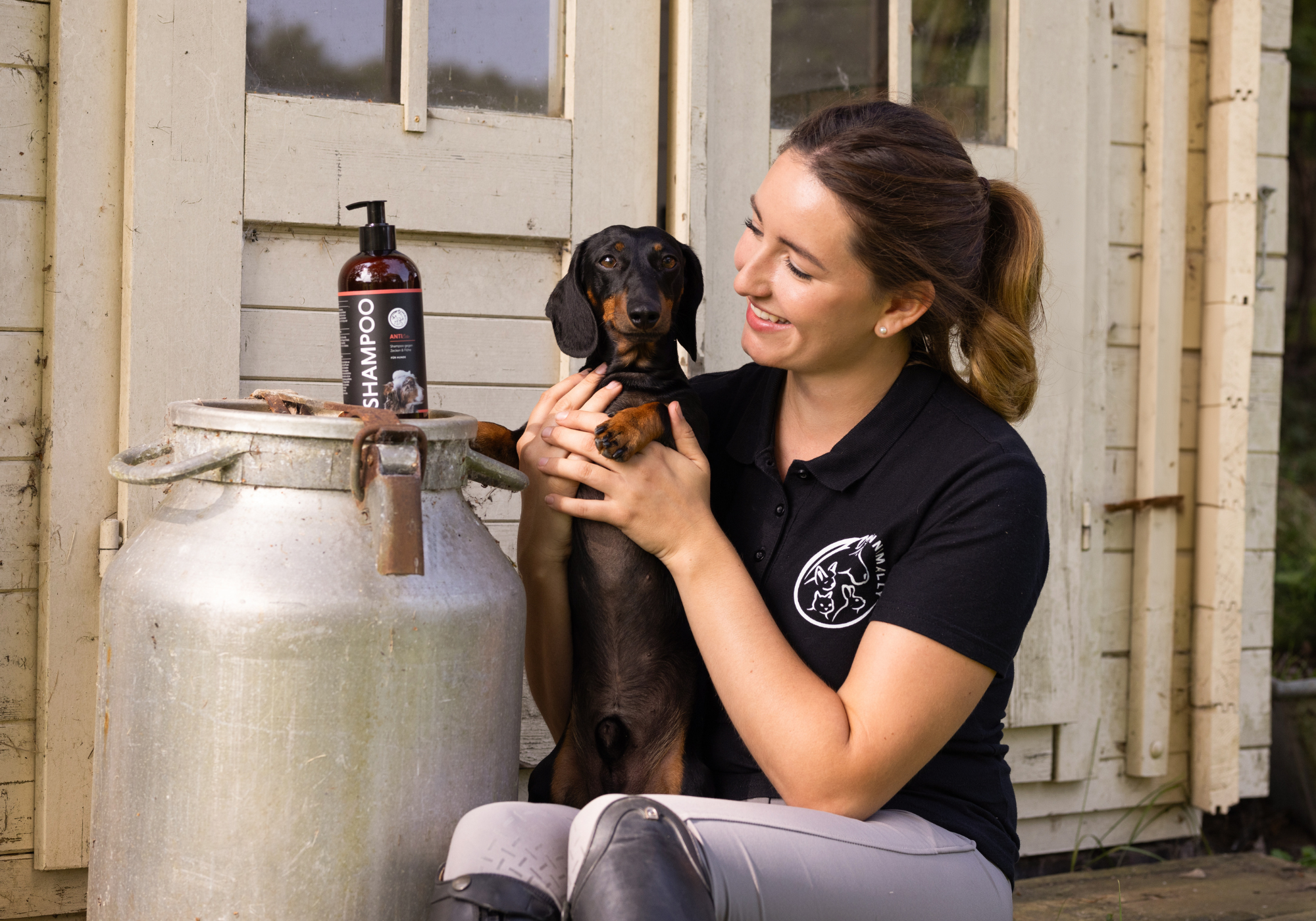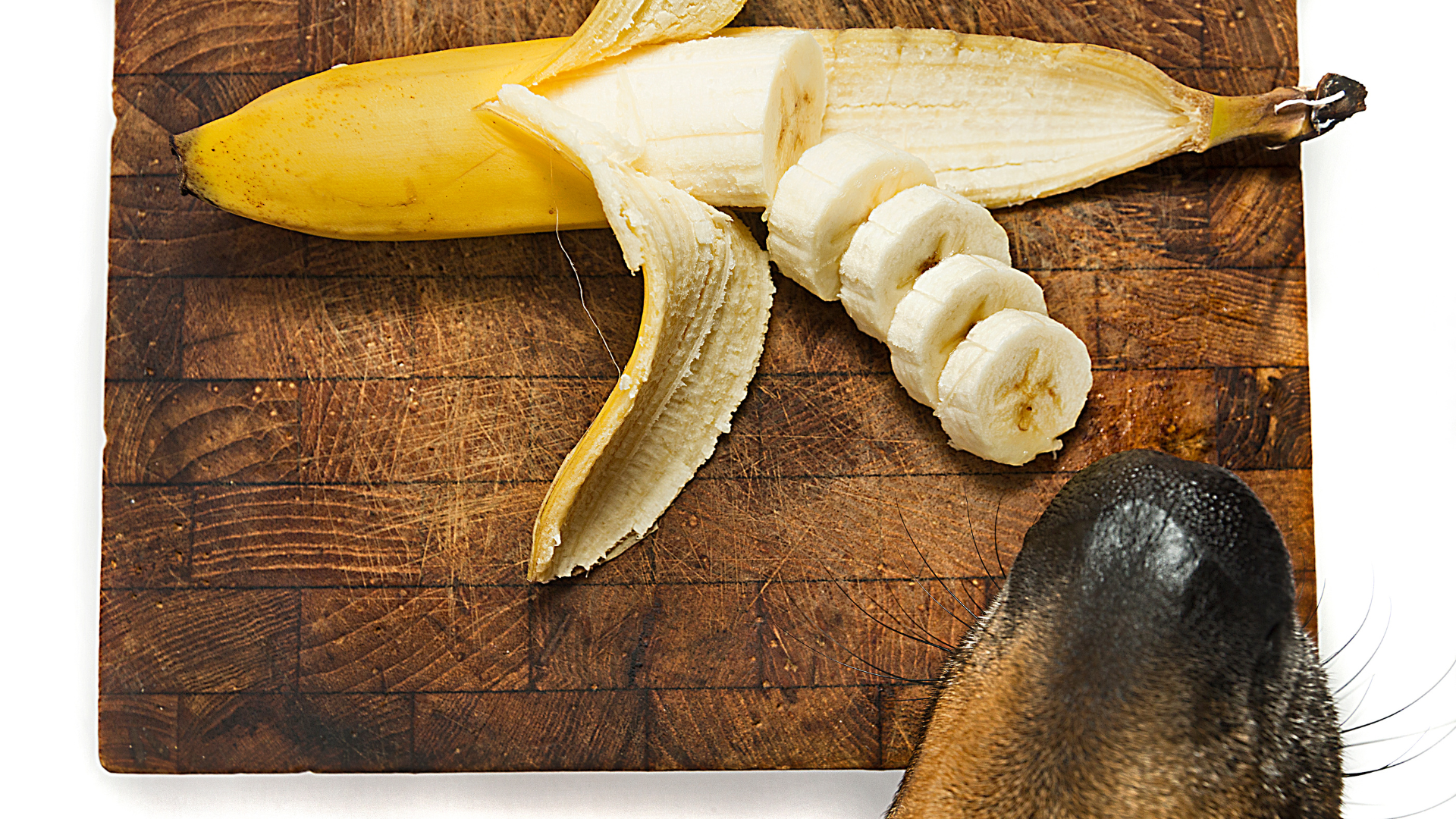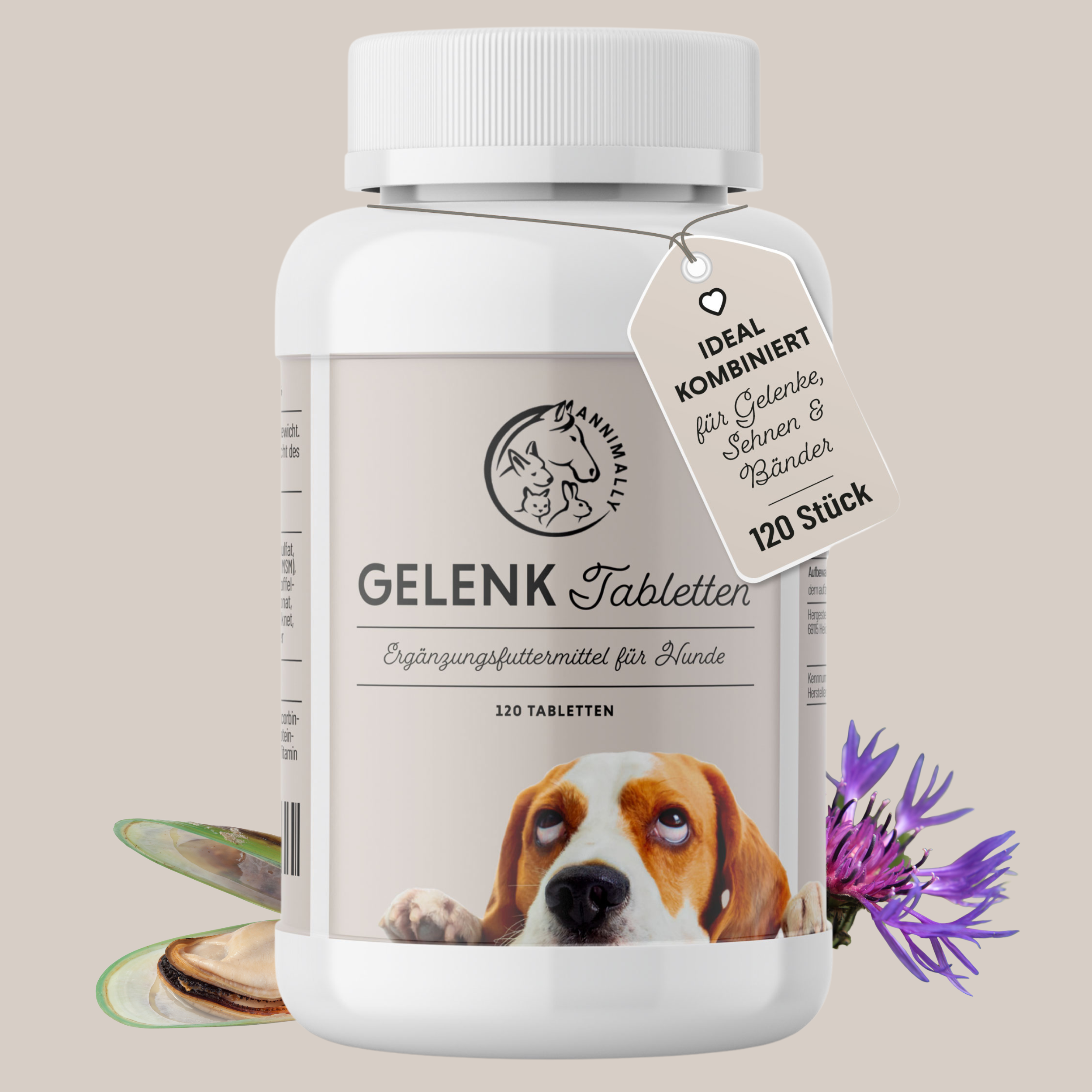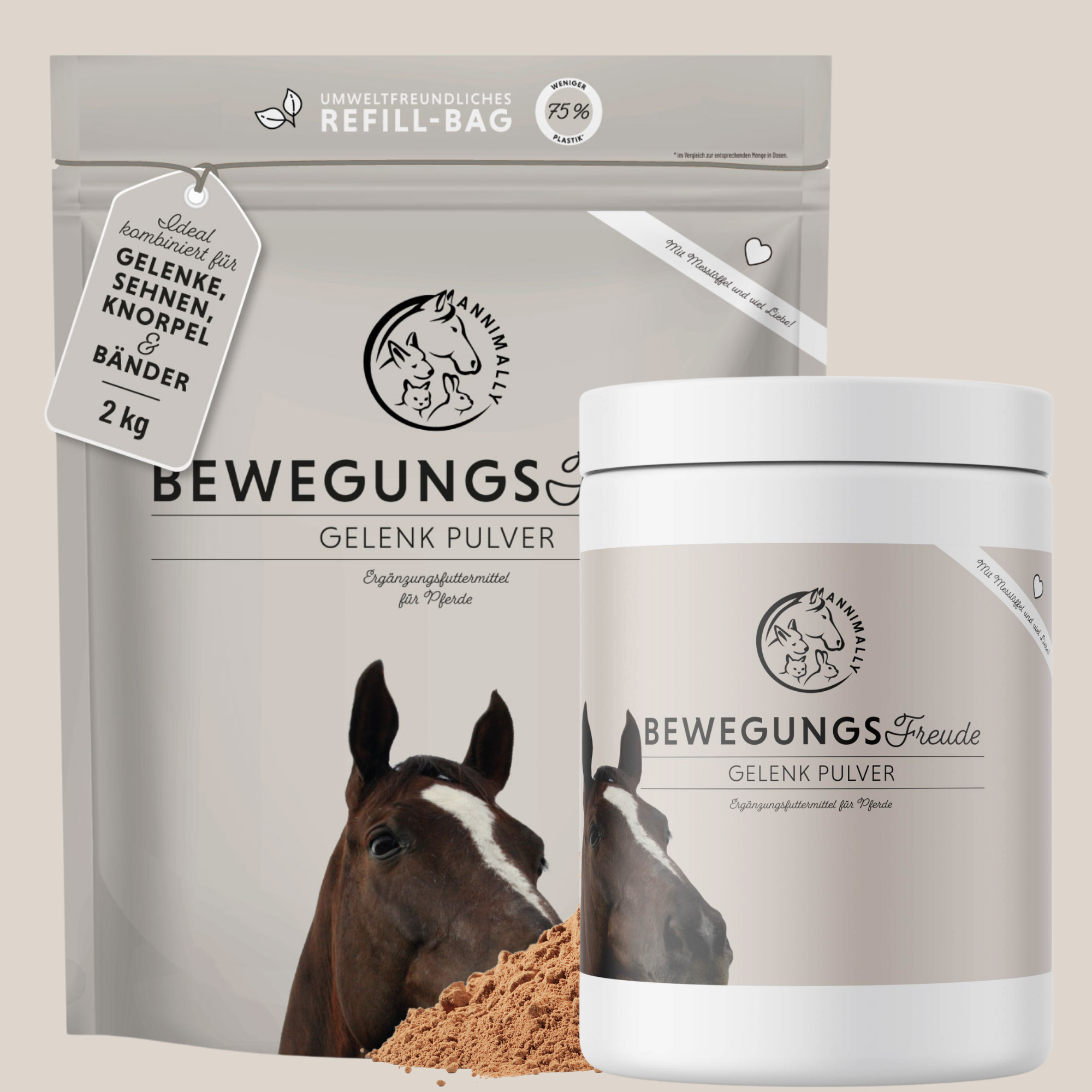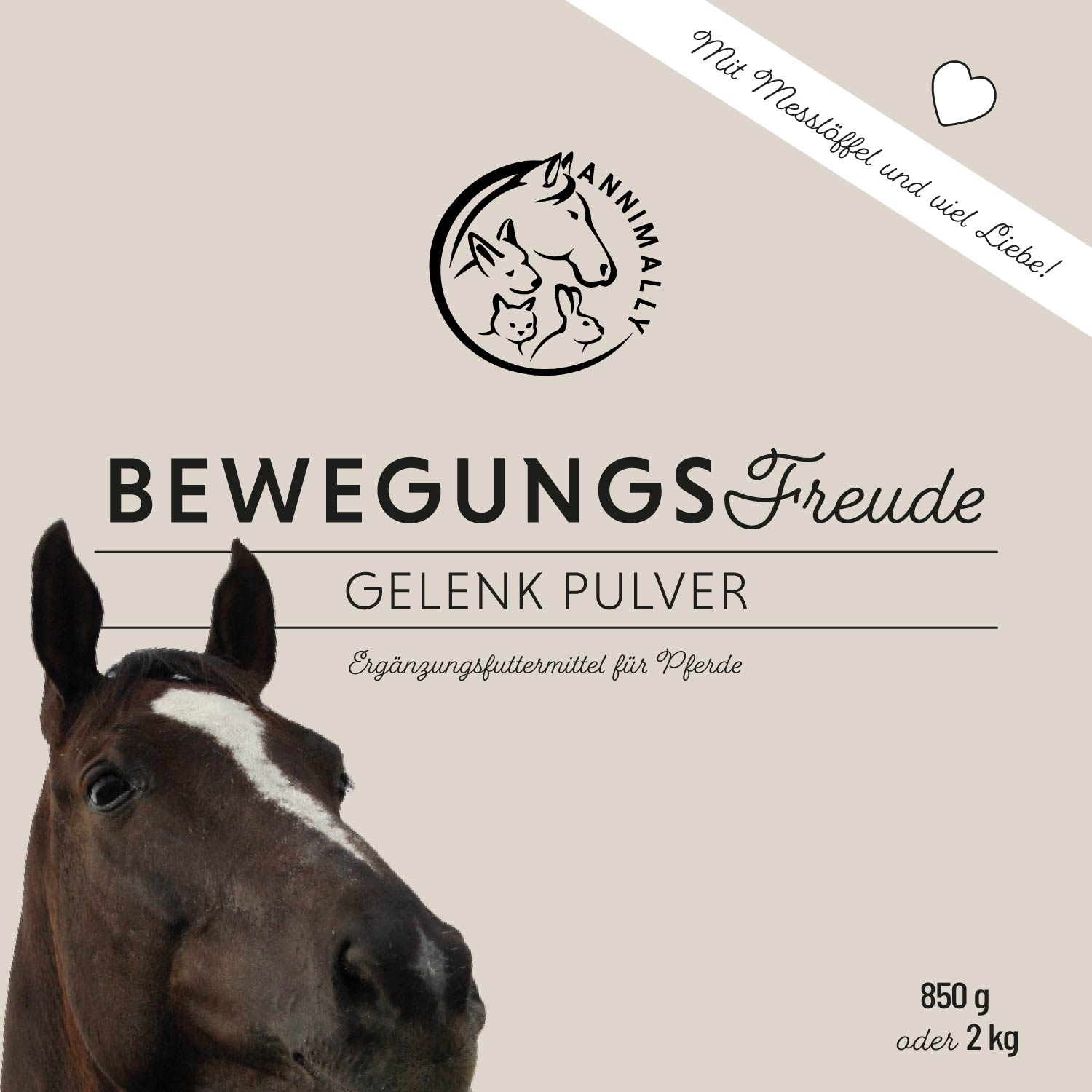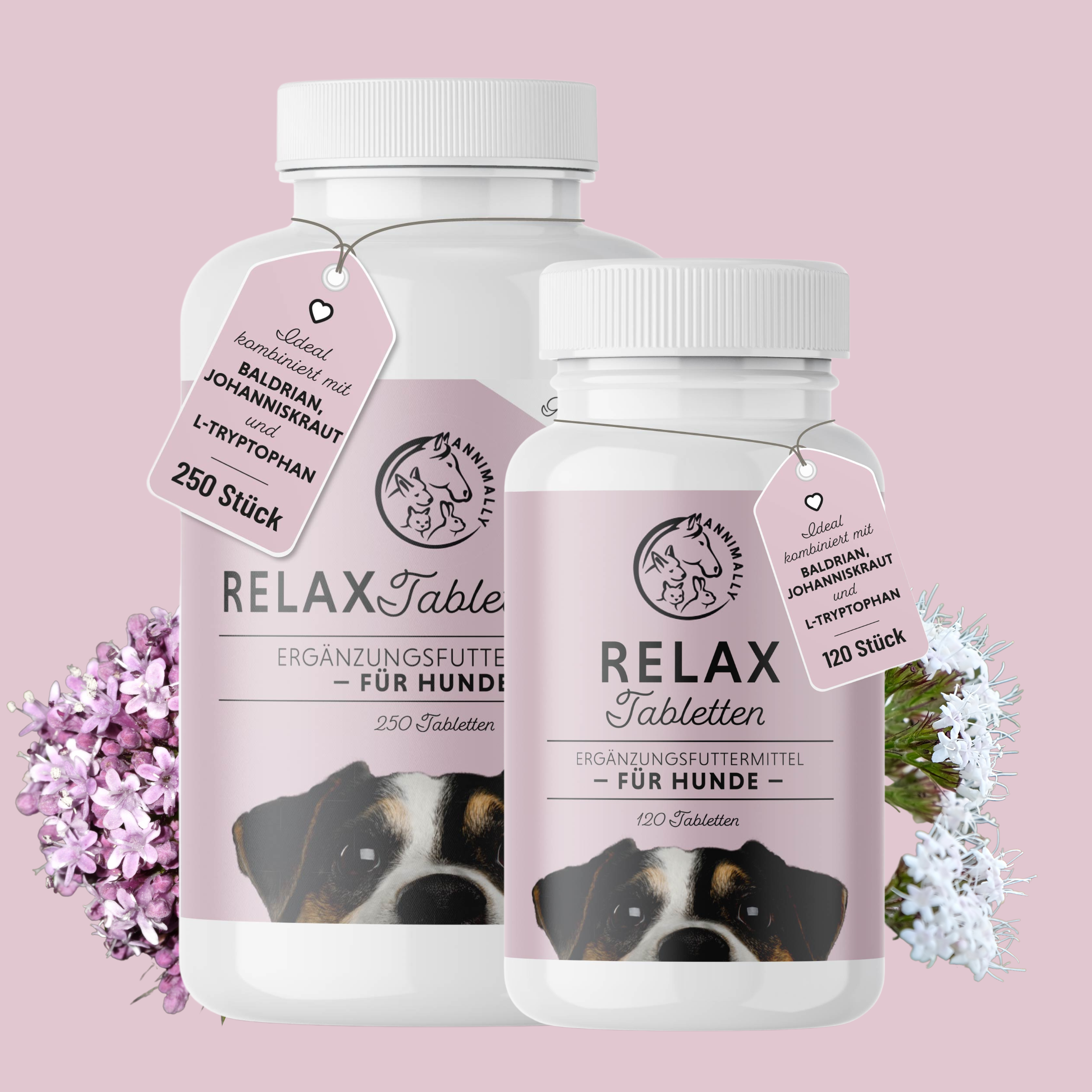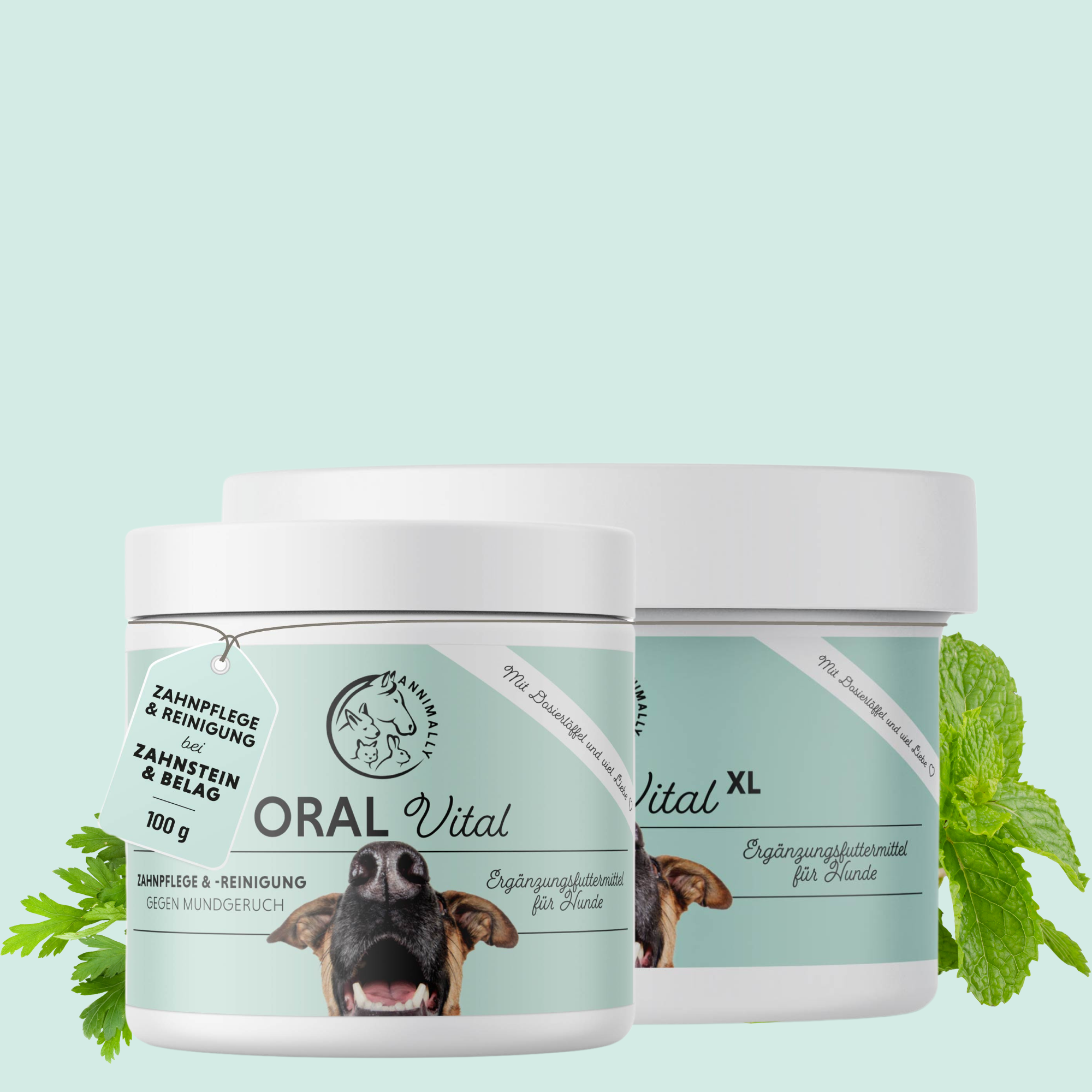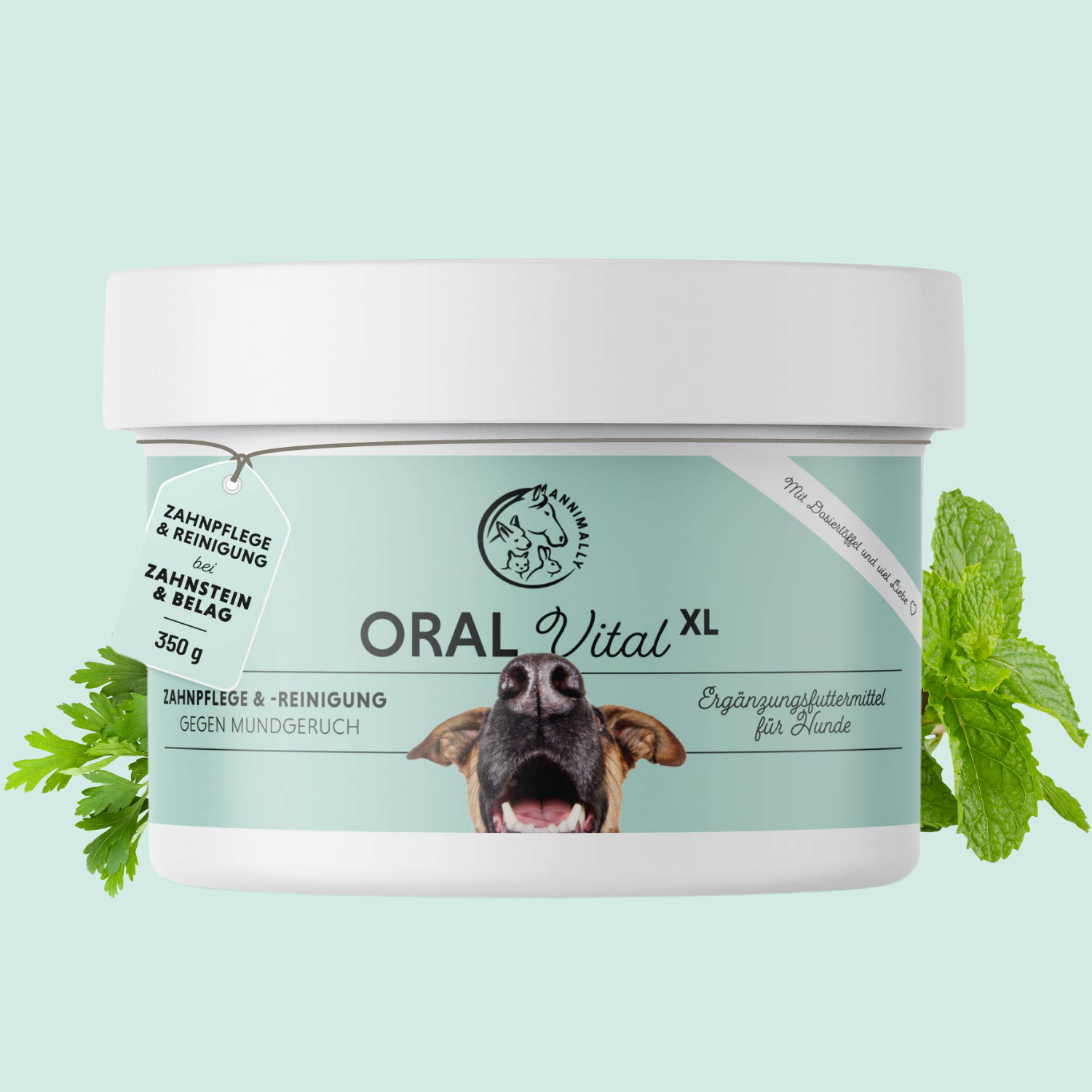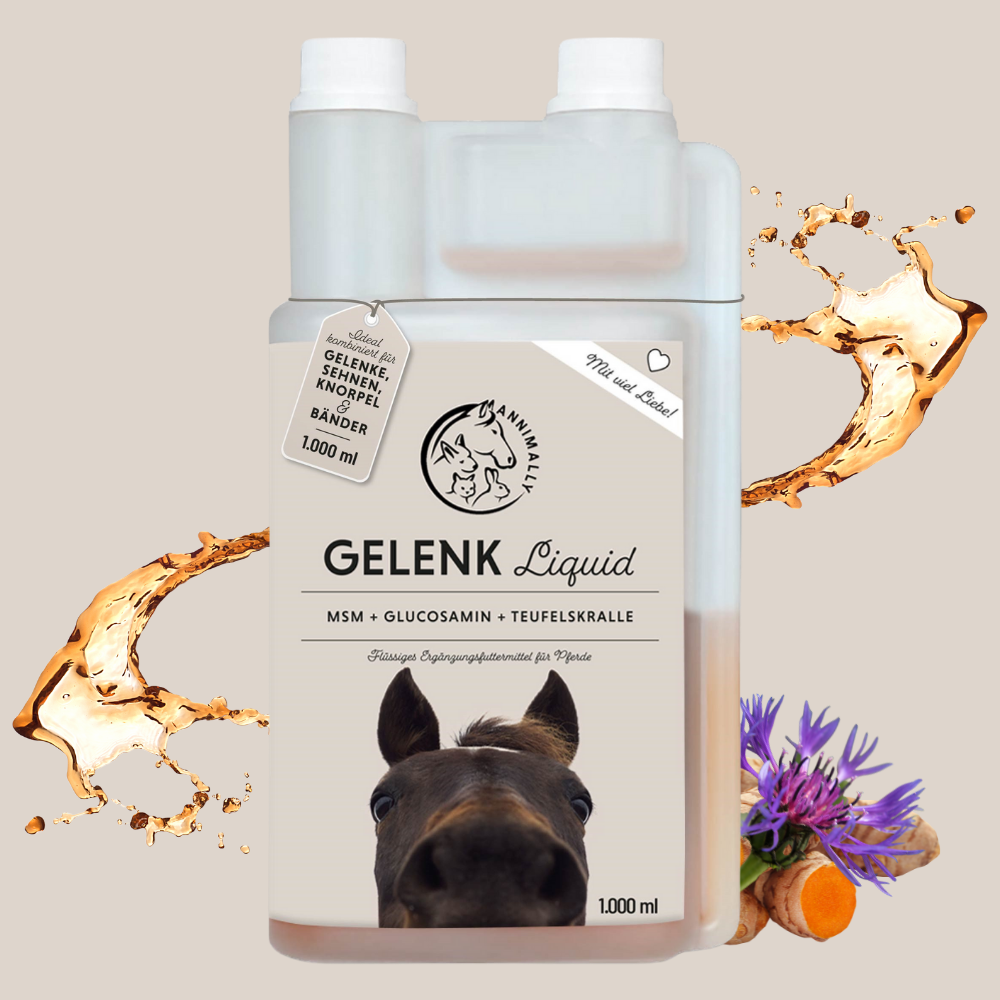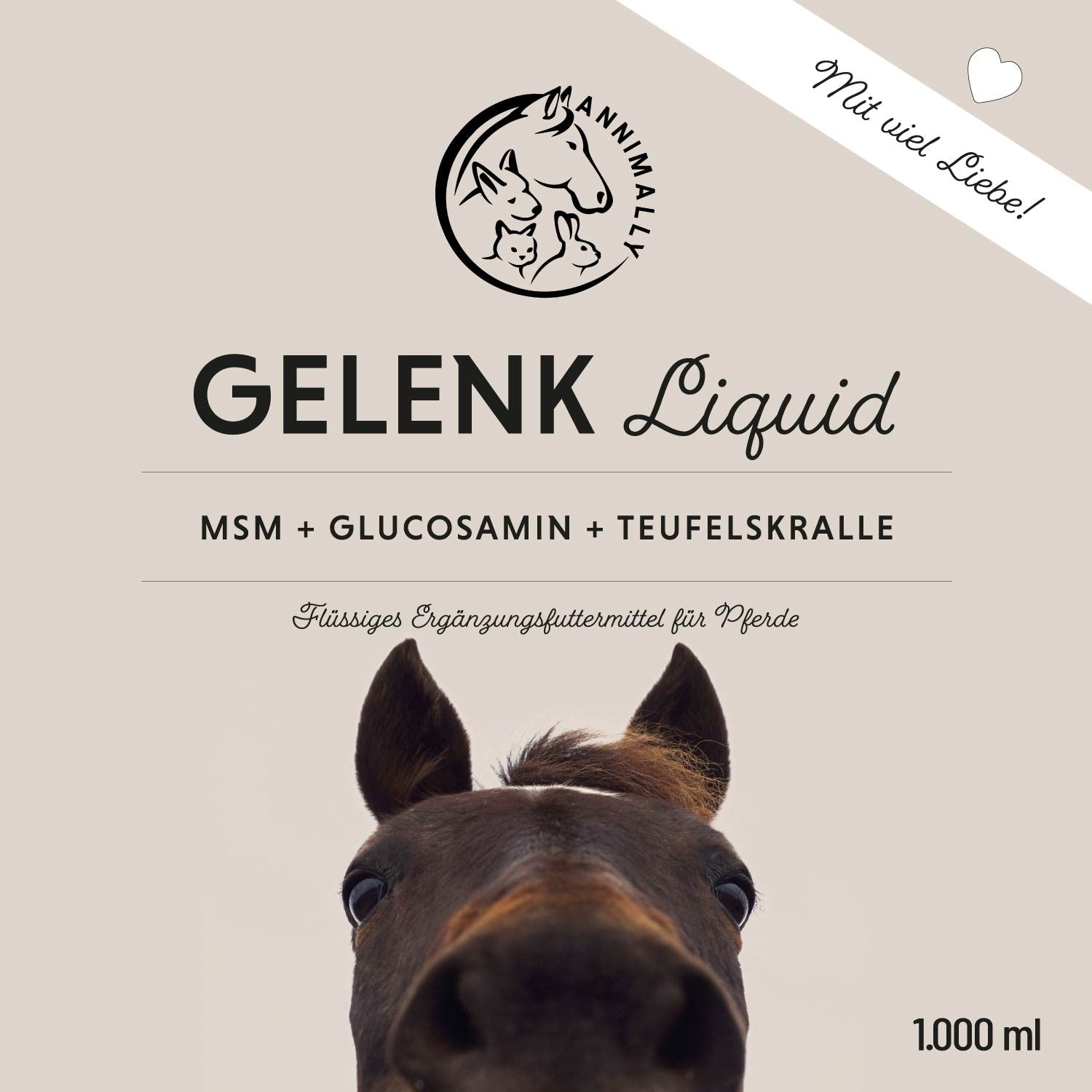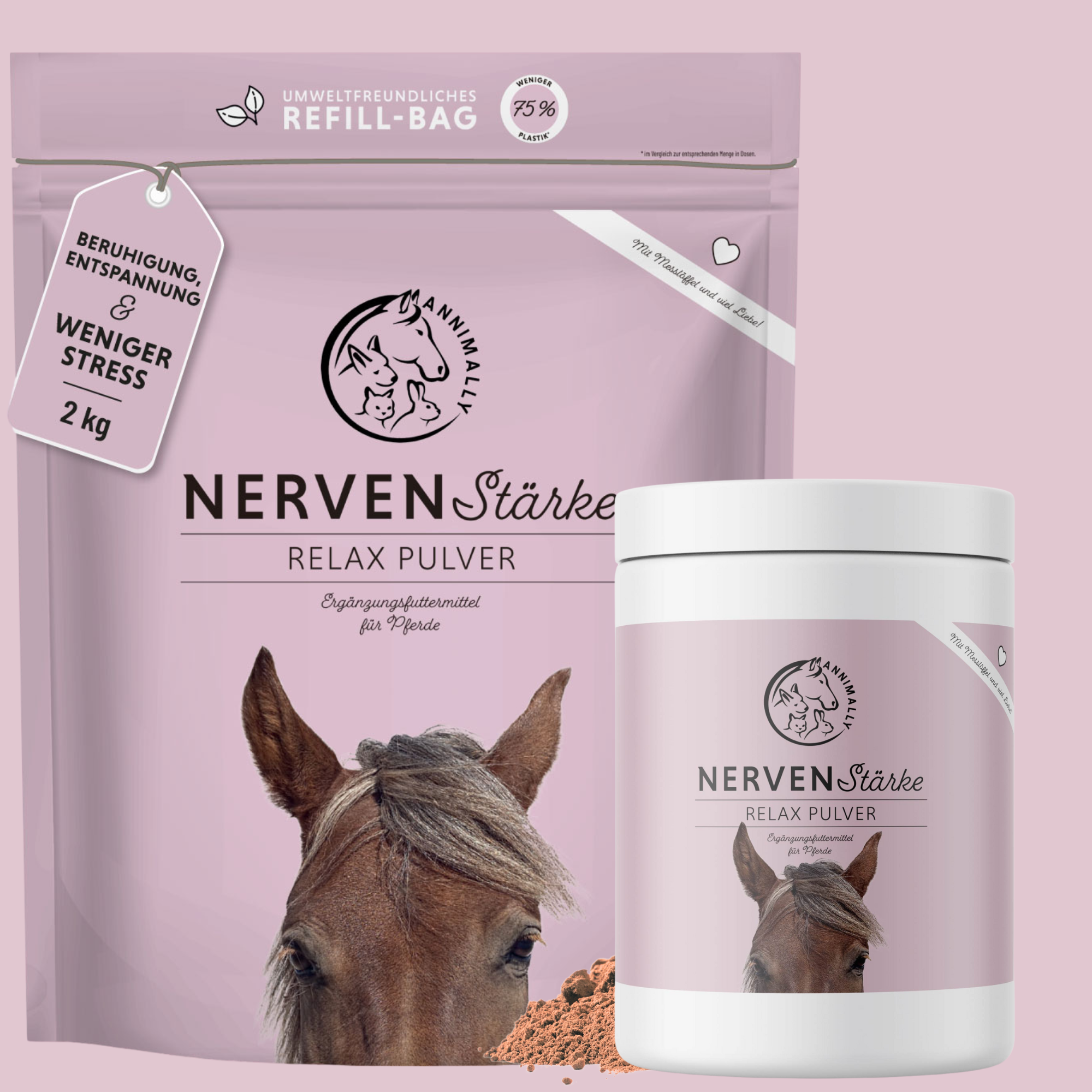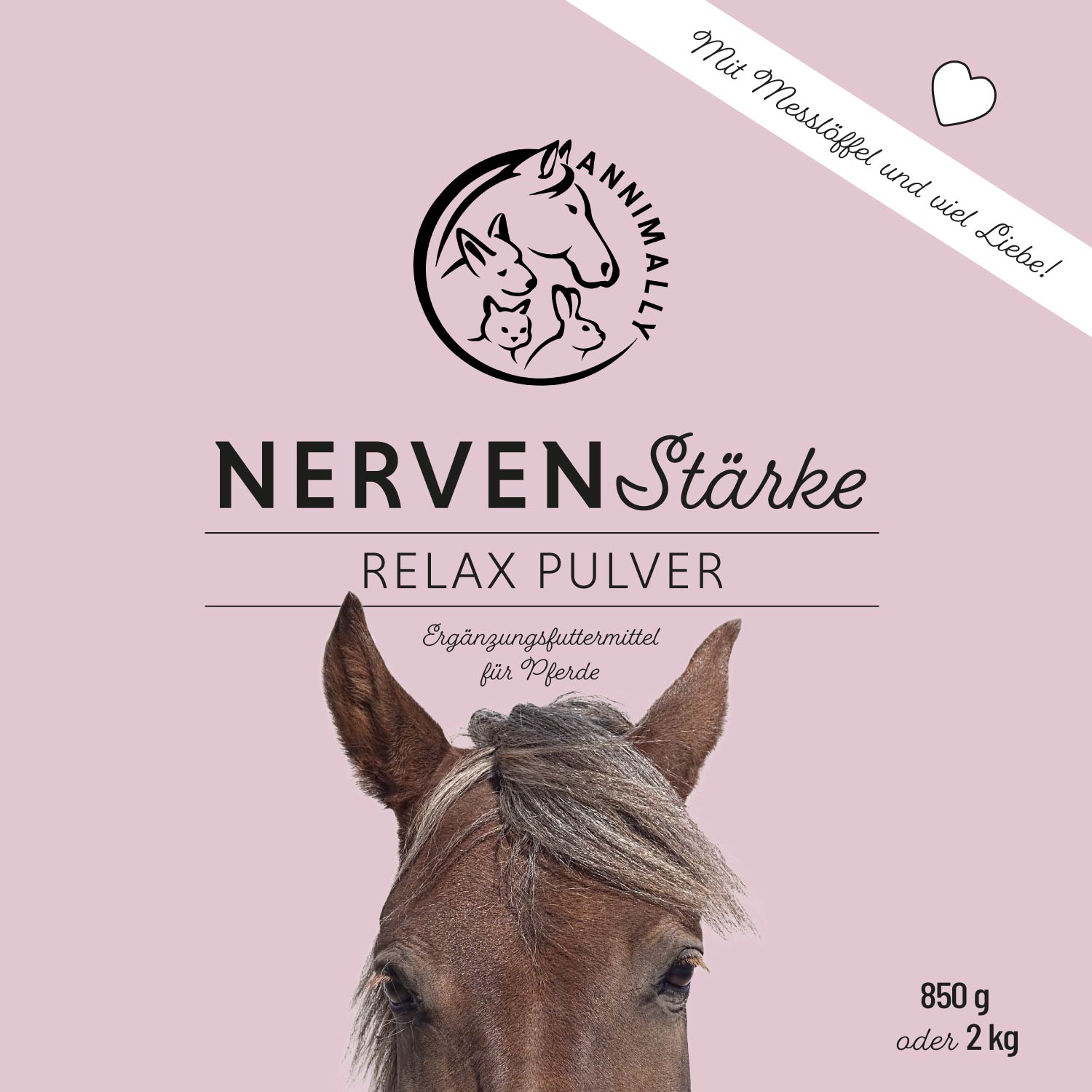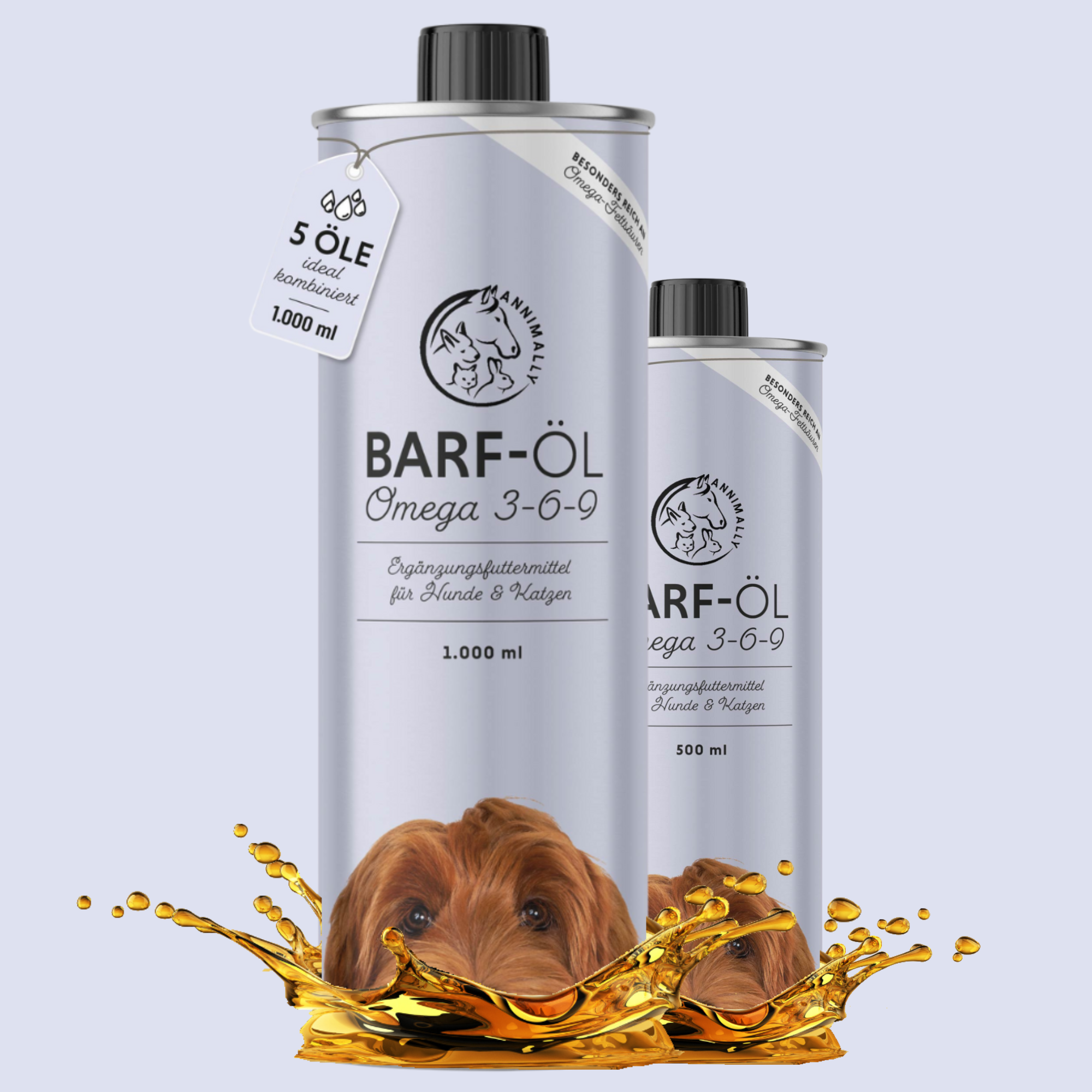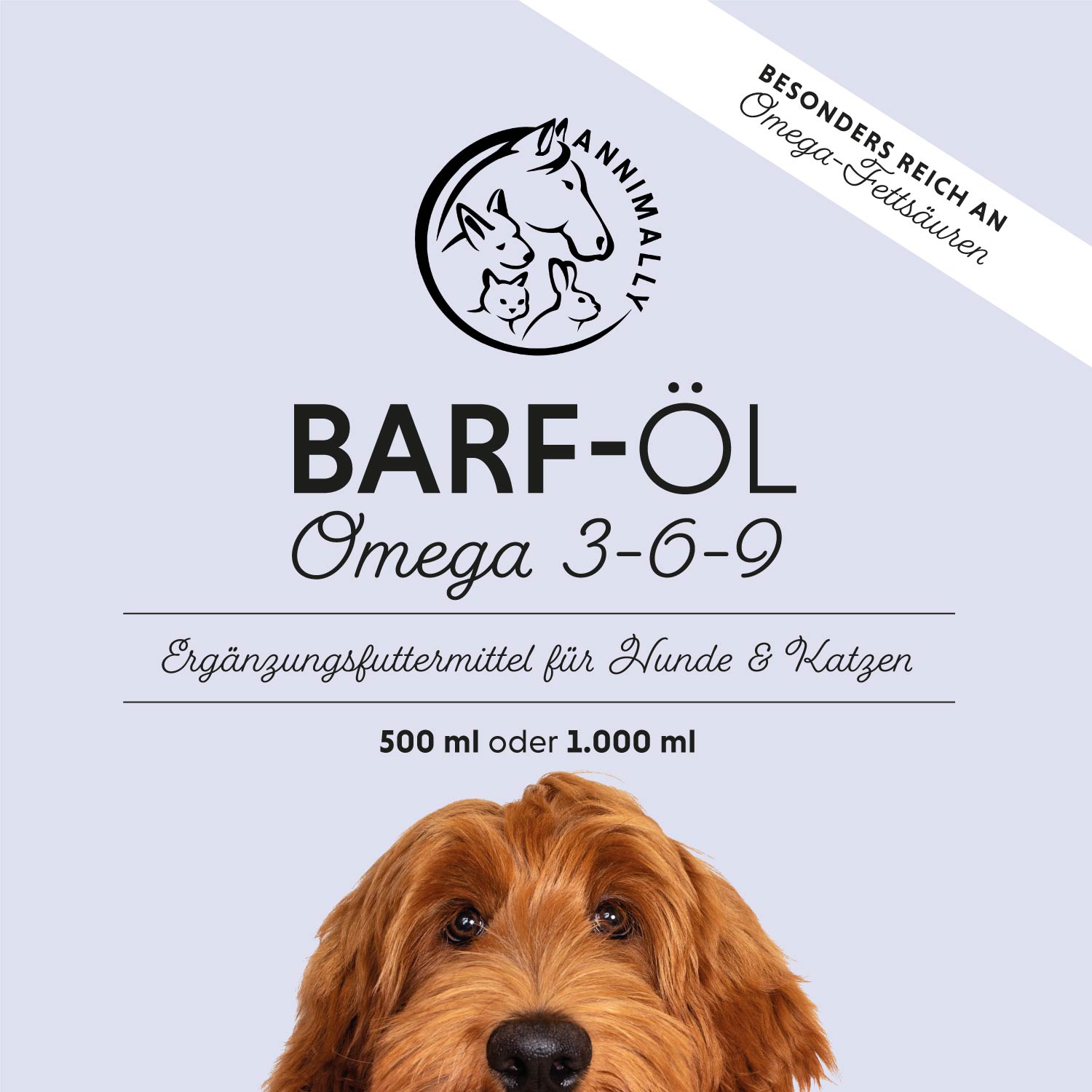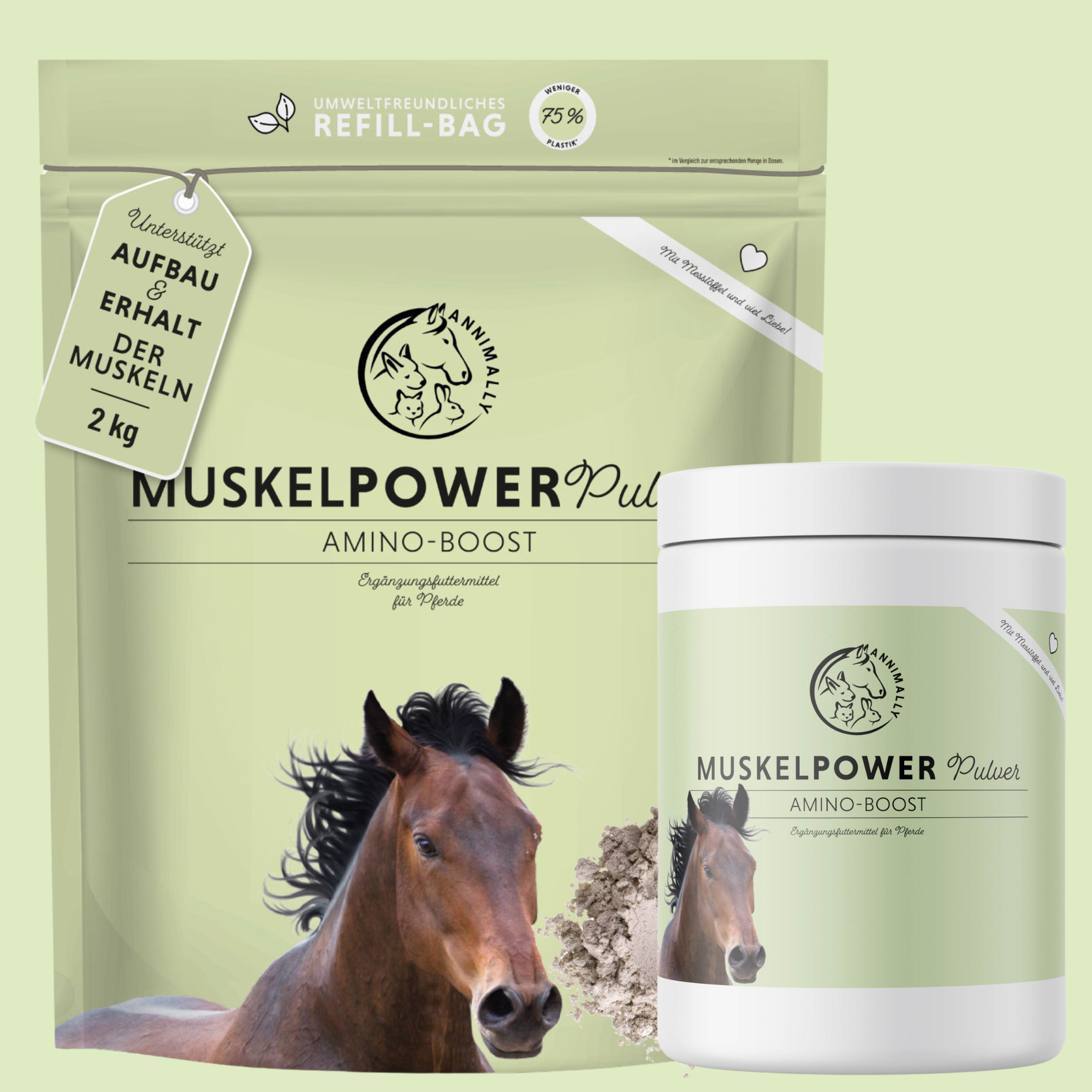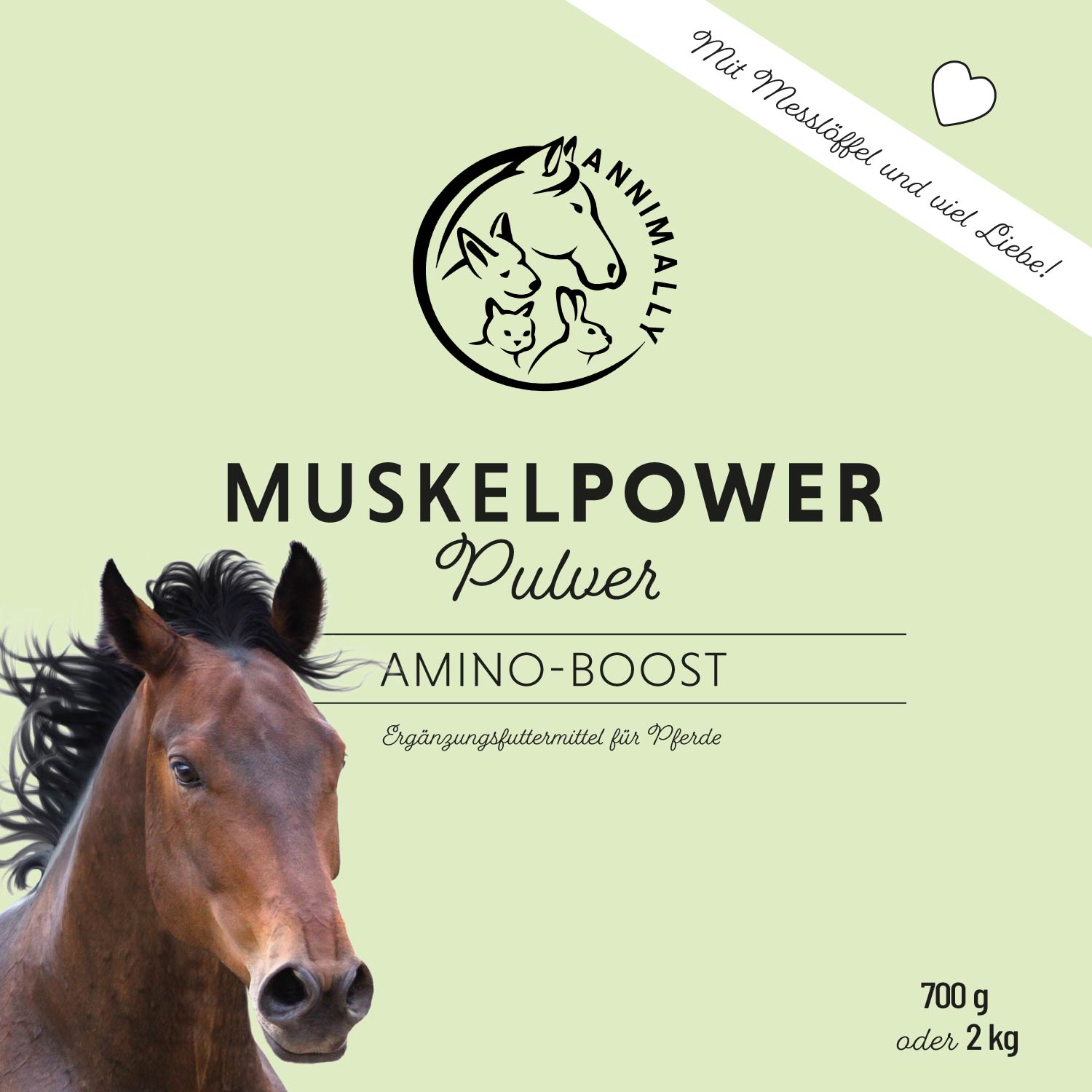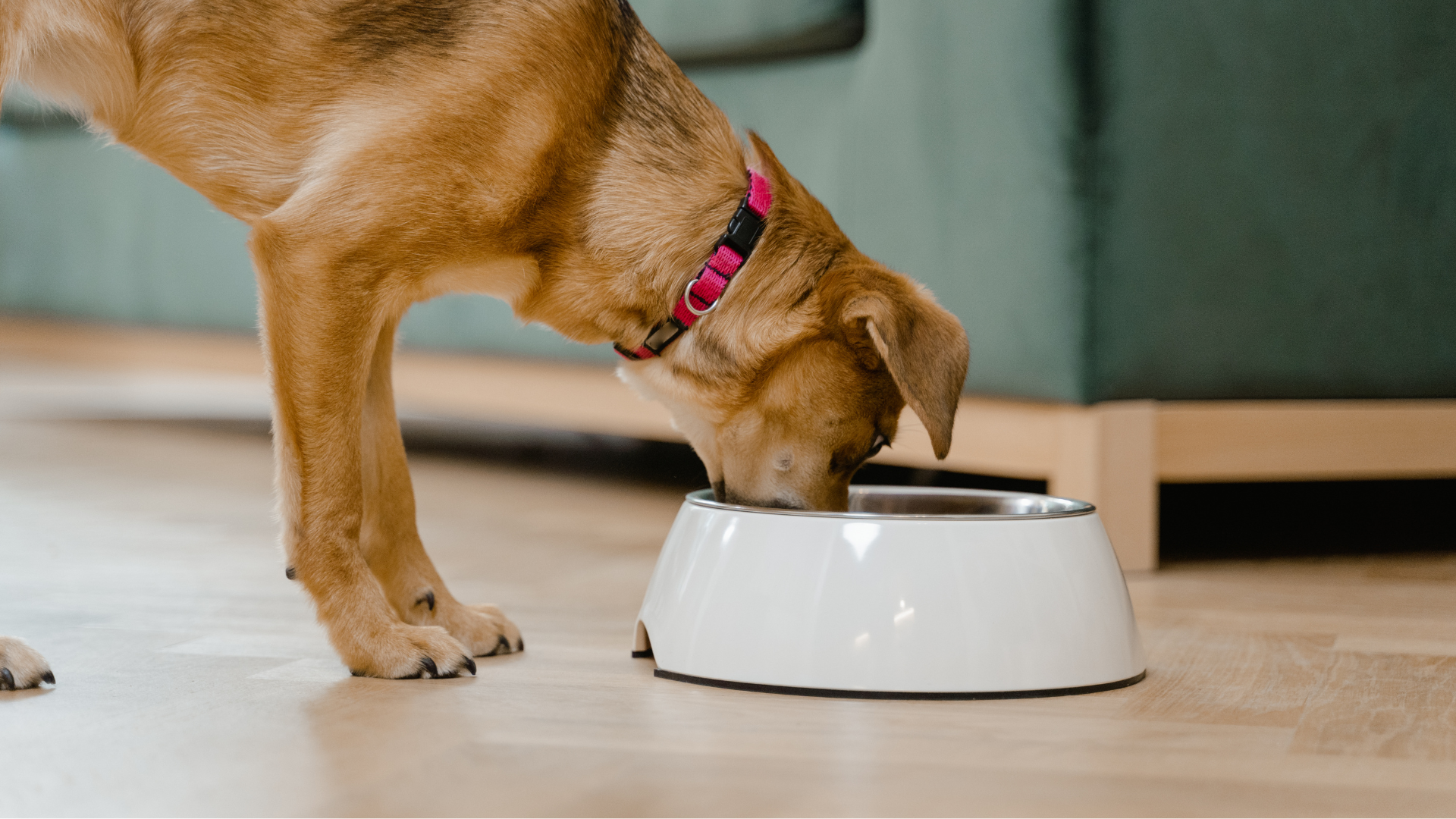
Can dogs eat nuts? A comprehensive guide for dog owners
Many dog owners wonder if nuts could be a healthy addition to their dog's diet. Nuts are a valuable source of nutrients for humans, but which nuts are safe for dogs? The answer is complex, as not all nuts are the same, and some can even be toxic to dogs.
In this article, you will learn which nuts you can feed your dog, which nuts are dangerous, and what health risks nuts in general pose for dogs.
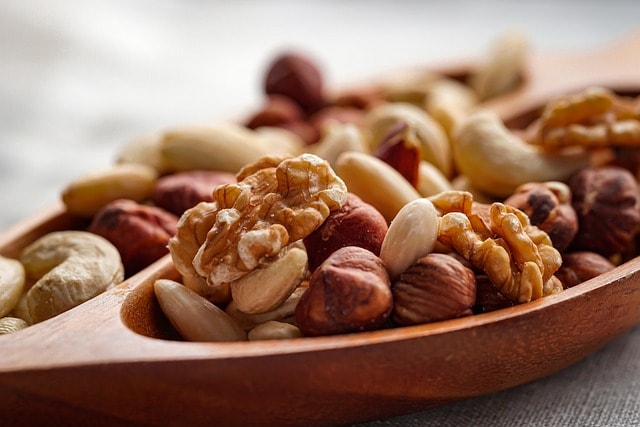
Nuts and Dogs: A General Overview
Nuts contain a variety of nutrients, such as healthy fats, proteins, and minerals, which are extremely beneficial for humans. However, this is different for dogs. While some nuts may be safe in small amounts, many other varieties pose significant risks. Some nuts can lead to serious health problems, ranging from digestive upset to fatal poisoning.
Unlike specially formulated dog food, which is tailored to the needs of dogs, nuts often contain excessive fat and unsuitable ingredients that can burden dogs' sensitive digestive systems. Therefore, nuts should never replace dog food, which is specifically formulated to provide a balanced and safe diet for dogs.
Which nuts are safe for dogs?
Some nuts can be safely fed to dogs in very small amounts, as long as they are unsalted and unseasoned. However, these nuts should always be consumed with caution, as they can also cause problems if consumed in excess. Relatively safe nuts include:
Peanuts – Allowed, but in moderation
Peanuts are one of the few nuts that dogs can tolerate in small amounts. They contain valuable protein and healthy fats. However, be careful not to give your dog salted or roasted peanuts. Peanut butter without added sugar is also safe in small amounts and is popular with many dogs. Make sure it doesn't contain xylitol, as this sweetener is highly toxic to dogs.
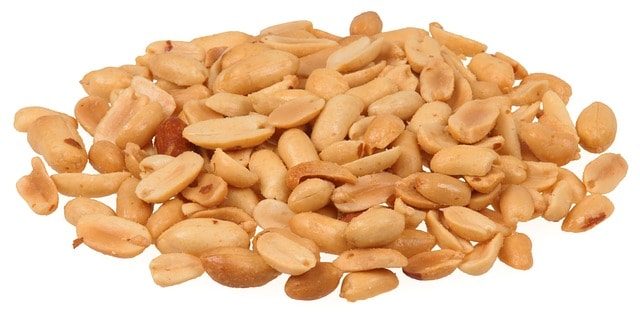
Cashew nuts – Okay in small quantities
Cashews are another type of nut that's safe for your dog in small amounts. They contain less fat than other nuts and are rich in magnesium and potassium. This makes them a nutritious but high-calorie treat that should only be fed occasionally.
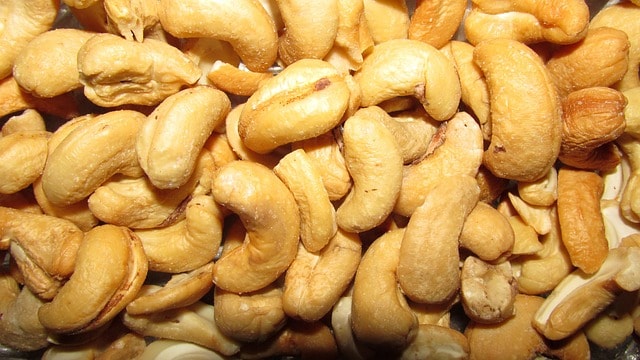
Almonds – To be enjoyed with caution
Although almonds aren't directly toxic to dogs, their hard texture can cause digestive problems and choking, especially in smaller dogs. They also contain a lot of fat, which can lead to diarrhea and vomiting if consumed in excess. It's best to avoid almonds entirely from your dog's diet.
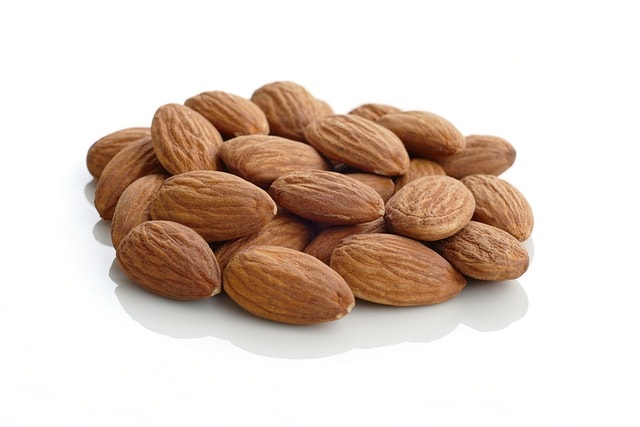
Which types of nuts are dangerous for dogs?
While some nuts may be safe for dogs in small amounts, there are certain nuts that dogs should never eat. These nuts can cause serious health problems and are often dangerous even in small amounts.
Macadamia nuts – Highly toxic!
Macadamia nuts are among the most dangerous nuts for dogs. Even a small amount can trigger severe symptoms such as vomiting, muscle weakness, tremors, and even fever. While the exact cause of macadamia nut toxicity in dogs is not fully understood, it is known that they can affect the nervous system and lead to muscle damage. If your dog has eaten macadamia nuts, you should consult a veterinarian immediately.

Walnuts – A no-go for dogs
Walnuts should also be strictly avoided. They can cause gastrointestinal problems and, when moldy, contain toxins that are extremely toxic to dogs. Moldy walnuts contain so-called mycotoxins, which can cause tremors, seizures, and neurological disorders in dogs. Therefore, walnuts should never be given to your dog in his or her food bowl.
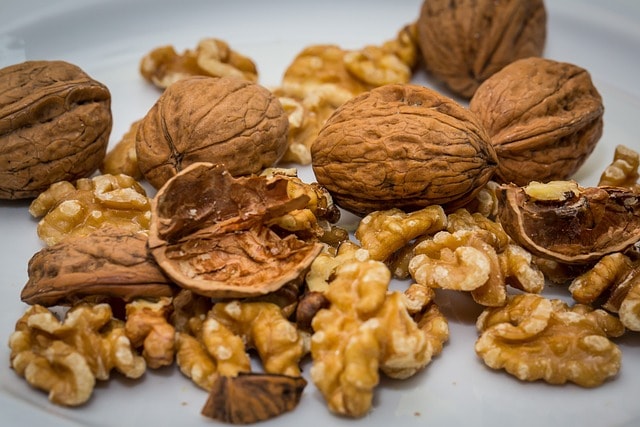
Can dogs eat hazelnuts?
Hazelnuts are a special case. Although they are not poisonous like macadamia or walnuts, they should still be avoided. This is because their hard texture can easily cause intestinal blockages, especially in smaller dogs. Furthermore, like many other nuts, they contain a high fat content, which can lead to digestive problems and, in severe cases, pancreatitis (inflammation of the pancreas). In addition, some dogs can be allergic to hazelnuts, which can manifest itself in symptoms such as itching, rashes, or difficulty breathing.
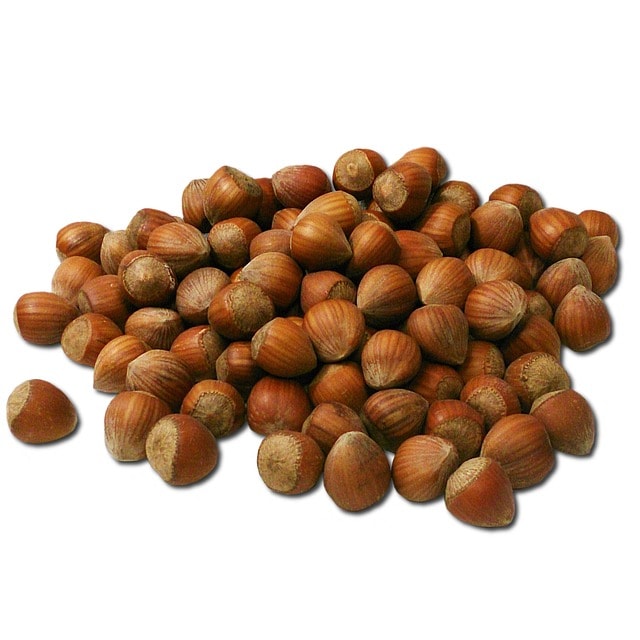
Why are nuts problematic?
Aside from the dangers of poisonous nuts, even "safe" nuts pose some risks. Here are the most common problems:
High fat content
Nuts are extremely high in fat, which, while beneficial for humans, often causes problems in dogs. High fat content can cause vomiting, diarrhea, and, in more severe cases, pancreatitis in dogs. Pancreatitis is a painful and potentially life-threatening condition that should be avoided at all costs.
Risk of suffocation and intestinal obstruction
Many nuts have a hard, round shape that dogs can easily swallow. Especially in smaller dogs, this can lead to intestinal obstruction, which can only be treated surgically. There's also a risk of your dog choking on a nut, especially if they tend to devour their food quickly.
Spiced and salted nuts: doubly dangerous
Seasoned or salted nuts should never be fed to dogs. Salt can cause kidney problems, high blood pressure, and even salt poisoning in dogs. Spices like onion or garlic powder, which are often found in seasoned nuts, are highly toxic to dogs.
What to do if your dog eats a poisonous nut?
If your dog accidentally eats a poisonous nut like macadamia nuts or walnuts, you should act immediately. Here are the first steps:
-
Stay calm – Panic doesn’t help in this situation.
-
Observe symptoms – Watch for signs such as vomiting, tremors, muscle weakness, or restlessness.
-
Contact veterinarian – Don't hesitate to call or visit your veterinarian right away. Quick action can save lives.
-
Attempt to induce vomiting – Some veterinarians recommend inducing vomiting to expel the nut from the body as quickly as possible. However, you should only do this under veterinary supervision.
Conclusion: Should dogs eat nuts?
The question "Can dogs eat nuts?" cannot be answered in general terms, as it depends largely on the type of nut. Some nuts, such as peanuts or cashews, can occasionally be fed in small amounts as treats, as long as they are unsalted and unseasoned. They provide protein and healthy fats, which can also be beneficial for dogs. However, they should never become a regular part of your dog's diet, as there is a risk of gastrointestinal problems or even more serious diseases such as pancreatitis.
On the other hand, there are types of nuts that are absolutely taboo for dogs, such as macadamia nuts and walnuts. These nuts are not only difficult to digest, but can also cause serious health problems in dogs, ranging from muscle cramps to vomiting and neurological deficits. Macadamia nuts are even considered particularly toxic and can cause serious poisoning even in small amounts.
While not directly poisonous, hazelnuts should also be avoided, as they can cause choking and digestive problems in dogs. The high fat content of many nuts also makes them problematic for dogs in general, increasing the risk of stomach upset, diarrhea, or even more serious illnesses.
It's therefore important for dog owners to be fully aware of the different types of nuts and their effects on dogs. The safest choice is to eliminate nuts from your dog's diet completely and instead opt for healthier alternatives such as fruit or special dog snacks. Treats such as carrots, apples, or commercially available dog treats are not only safer but also provide valuable nutrients without the health risks associated with nuts.
In summary: While some nuts may be safe for dogs in small amounts, the risks outweigh the benefits in most cases. Therefore, for the sake of your dog's health, the question "Can dogs eat nuts?" should usually be answered with "no." If in doubt, always consult a veterinarian before introducing a new food to your dog to ensure it is suitable and safe for your dog and your dog's diet.
